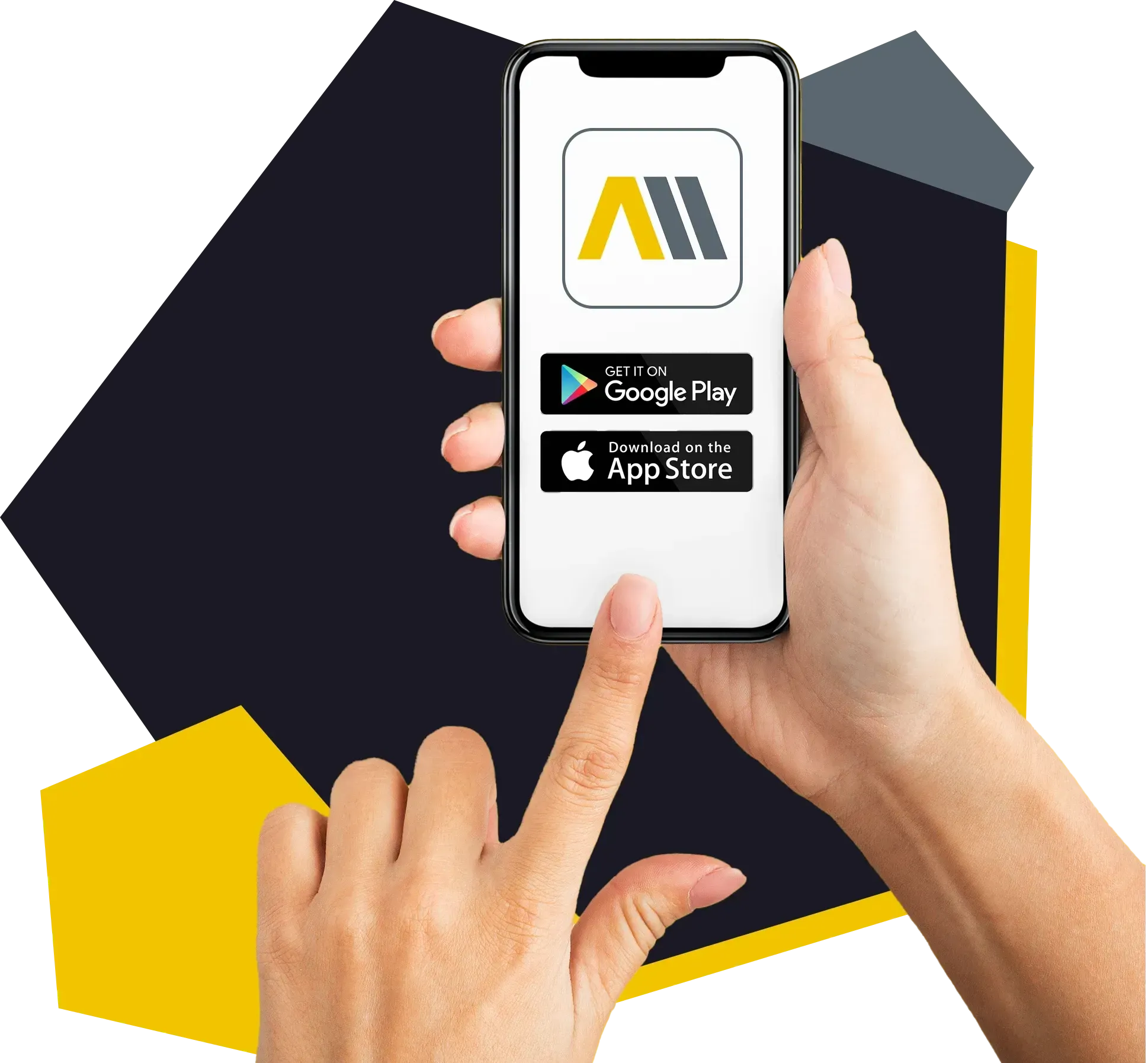Web Technology With Future
Progressive Web Apps: The Bridge Between Website And Native App
By Henrike Villis | Date: 24. July 2025

Progressive Web Apps are at an interesting point in their development. While they're not part of the current technology hype, they've established themselves as a consistently relevant solution, with a growth rate of around $6 billion expected by 2030.
But what exactly defines PWAs, and why should companies have this technology on their radar? Here, we reveal how a progressive web app bridges the gap between a traditional website and a native mobile app.
This Is What Lies Behind Progressive Web Apps
A Progressive Web App is essentially a website that behaves like a native app. The key difference, however, lies in its development efficiency. While an app for iOS or Android requires dedicated programming, it takes significantly less time to create a PWA from an existing website, as the same code base often serves as the foundation.
Well-known examples are all around us: Spotify, SPIEGEL, and YouTube operate as PWAs, as do online menus like Starbucks, for example. Often used even unconsciously, this innovation combines the flexibility of a website with the convenience of a native app, offering decisive advantages for companies and users alike.
Did you know?
You can tell whether the website you are visiting is a progressive web app by looking at the download symbol in the URL in your browser.
What Makes PWA So Special?
Push notifications, offline functionality, lightning-fast loading times – PWAs offer all this and more. But what makes this technology so special, and why is it worthwhile for companies to integrate PWAs into their digital strategy?
A core feature of PWAs is their offline functionality. However, PWAs don't necessarily have to operate completely offline; often, only certain functions are available without an internet connection. Think, for example, of the timetable or the map at a festival. These locations often lack a good internet connection, so PWAs are ideal for these cases. This is made possible by so-called service workers. These are scripts that cache important data in the background, thus providing offline functionality. This flexibility makes them particularly attractive for companies that want to offer their users added value even with a poor internet connection.
Push notifications are at least as important as offline capability. Whoever gets website visitors to install the PWA on their smartphone wins. Companies can reach these users specifically and in real time with push notifications, such as current offers, reminders, or personalized news. Users are activated regularly, return more often, and achieve more conversions.
PWA At A Glance
- PWAs can be installed directly from the browser and appear with their own icon on the home screen.
- Progressive Web Apps require only limited storage space, usually less than 1 MB.
- Users receive push notifications and app-like operation, all without having to go through app stores.
- The barrier to installation is significantly reduced and can lead to higher installation rates.
- Can be installed independently of devices and operating systems.
The last point, however, presents a challenge. Especially on the iOS operating system, PWAs are repeatedly treated poorly by Apple. They only work via Safari, push notifications are limited, and installation isn't as seamless as on Android devices. Could Apple be concerned about the diminishing influence of the App Store? One can only speculate.
Apple even briefly announced that it would completely block PWAs in the EU, but reversed this decision after massive protests and regulatory pressure. However, the reach remains attractive for most companies, as PWAs work across platforms and are particularly effective on Android and desktop platforms.

The Possibilities Of PWA
For companies, PWAs offer not only technological but also economic advantages. Development is significantly more efficient than with native apps because a single code base for web and mobile is often sufficient, eliminating the need for complex app store processes. Updates are installed automatically and without user intervention, simplifying maintenance and further development and ensuring applications are always up-to-date.
Their reach is also greater: PWAs run on virtually every device and operating system. This makes them particularly attractive for companies that want to respond quickly and flexibly to market changes. Success stories like AliExpress (+104% conversion rate), Flipkart (+70%), and Starbucks (doubling of daily users) demonstrate how effective PWAs can be for consumer-oriented services and platforms.
From a user perspective, PWAs are popular for four main reasons:
- Speed
- Installability
- Reliability
- Engagement
F.I.R.E. (fast, installable, reliable, engaging). 50% of smartphone users prefer mobile websites because they don't want to install yet another app that eats up storage space. However, a PWA is often less than 1 MB in size and is therefore most likely to be spared the next time it's deleted.
Google: When The Search Giant Pushes
Google, for example, actively promotes the development and adoption of PWAs. The company sees PWAs as an important building block for a better user experience on the web and has launched numerous initiatives to increase their visibility and adoption.
Google defines PWAs as reliable, fast, and user-friendly, which is why PWAs tend to rank higher in search results. Google's support ensures that PWAs have significant advantages over traditional native apps in terms of SEO and reach.
Your Path To An Individual PWA Solution
- Do you already have a website and want to make it available as a progressive web app?
- Are you considering whether a PWA makes sense for your business model and would like sound advice on opportunities and challenges?
- Are you looking for an efficient, cross-platform solution to future-proof your digital offering?
Your Contact Person
Carsten Köhler
Product Owner
I'll work with you to analyze which PWA strategy best fits your goals. I'll guide you from the initial idea to successful implementation.


